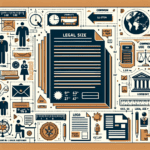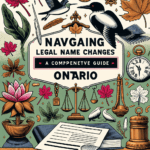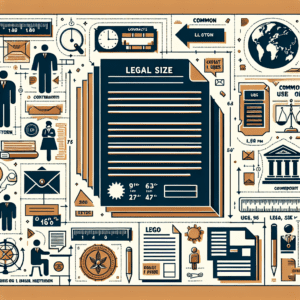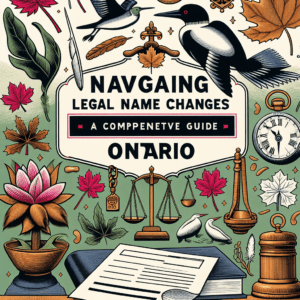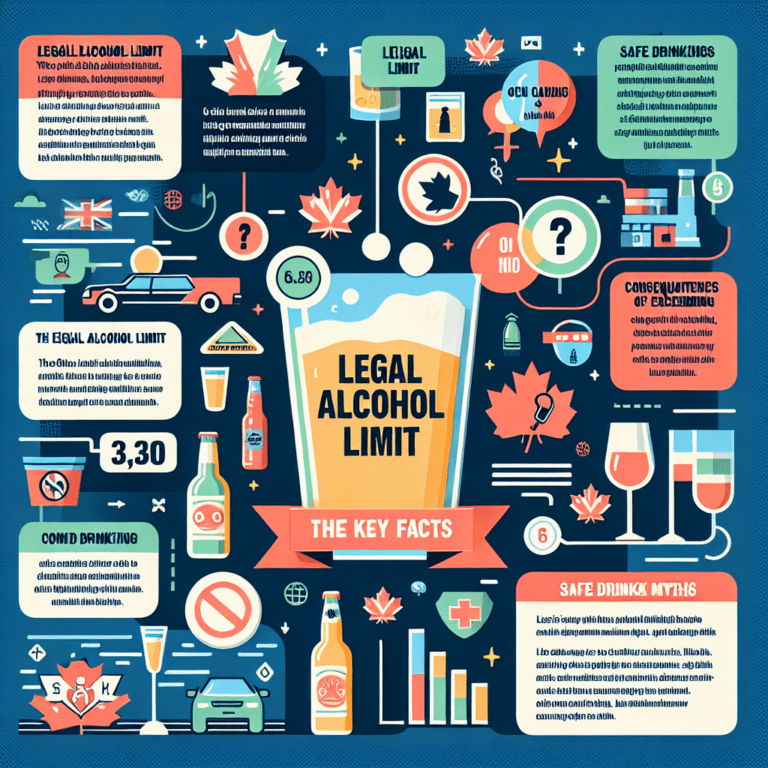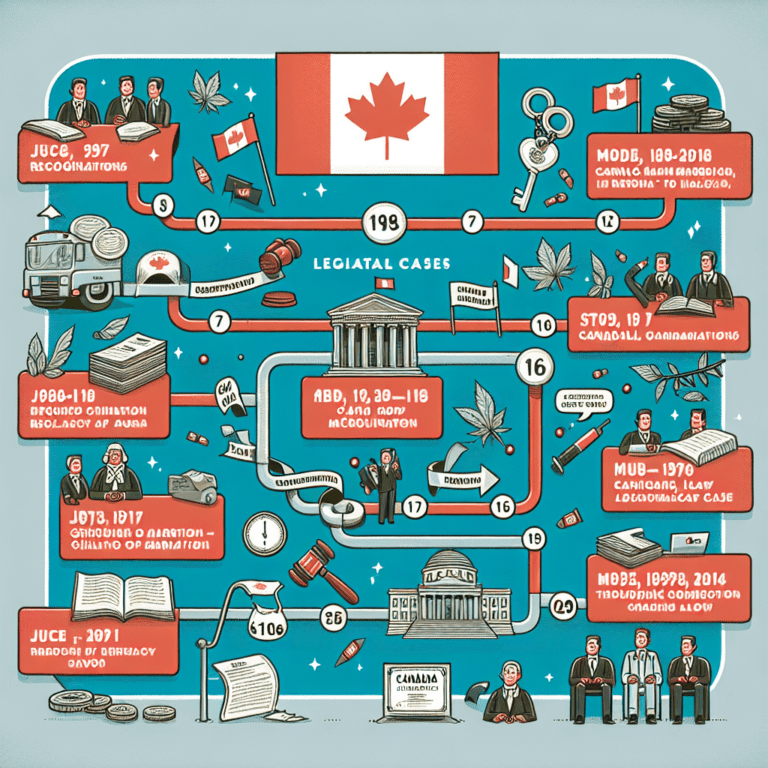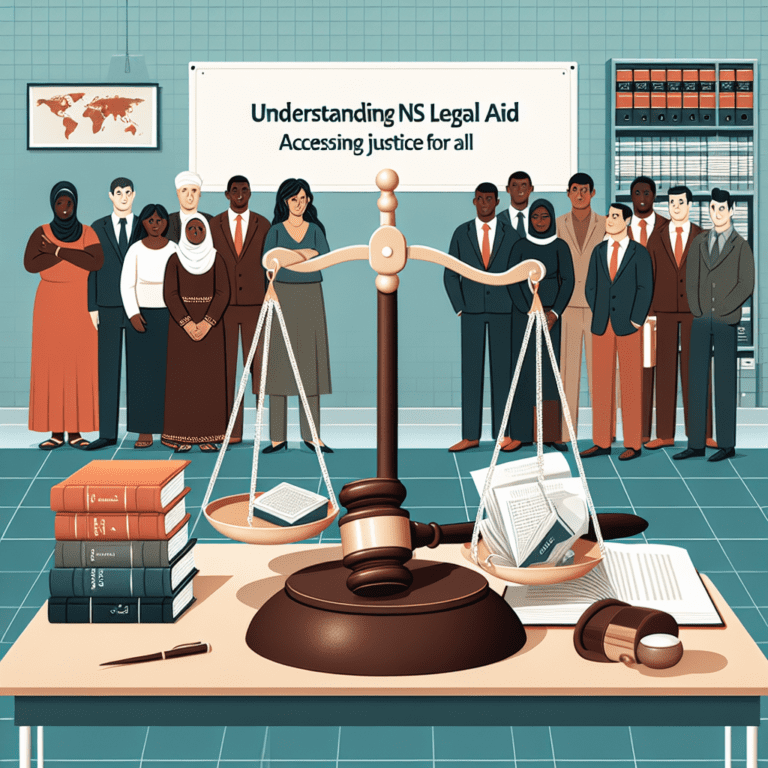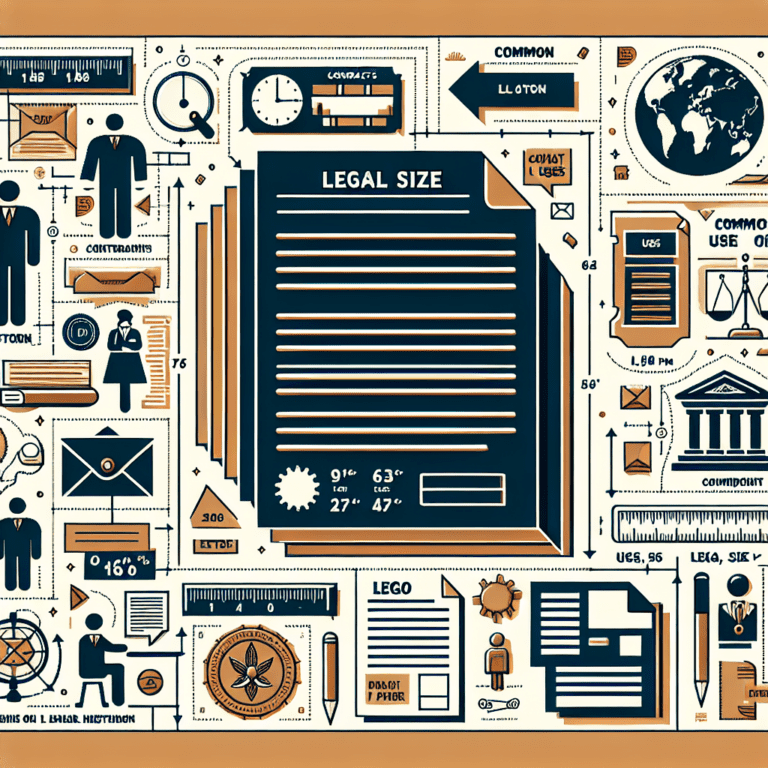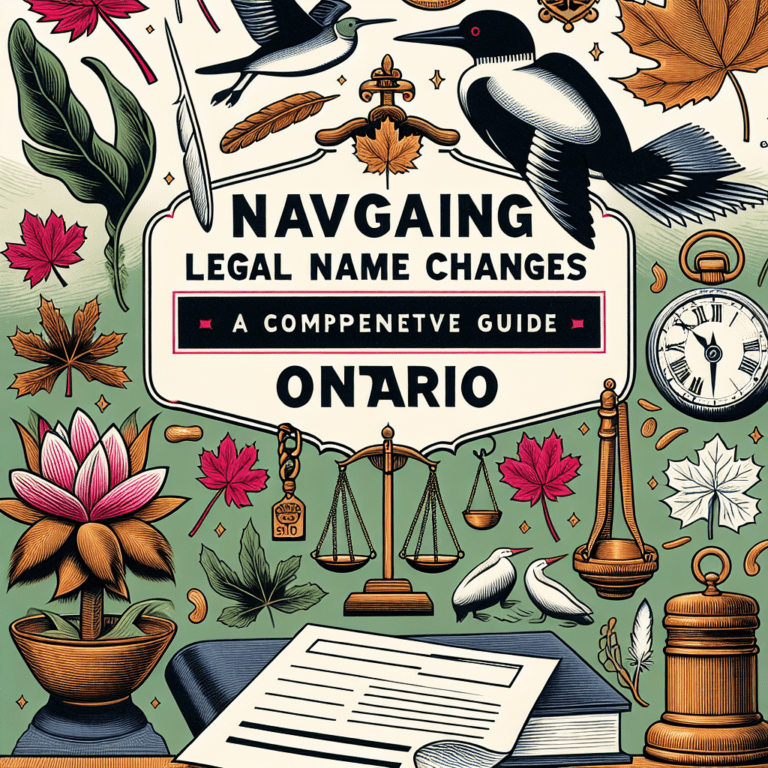In 2024, Canadian legal ethics are undergoing profound transformations that no practitioner can afford to overlook. As the legal landscape evolves, so too do the standards and expectations of ethical practice. For lawyers striving to maintain integrity and professionalism, staying abreast of the latest developments in Canadian legal ethics news 2024 is crucial. This update will delve into major shifts in ethical guidelines and their implications for legal practitioners.
Evolving Standards: Major Changes in Canadian Legal Ethics
The landscape of Canadian legal ethics is marked by significant transformations in 2024, particularly concerning the introduction of new regulations aimed at enhancing accountability and transparency. One of the most notable developments is the expansion of the rules governing conflicts of interest. The regulatory bodies have refined definitions and guidelines, making it imperative for practitioners to assess their professional engagements more critically. This change responds to rising public concerns about the integrity of legal representation, fueling a broader conversation about professional responsibility.
Moreover, the Canadian Bar Association has launched a comprehensive framework aimed at integrating diversity and inclusion within legal practices. This initiative not only emphasizes the importance of a diverse legal workforce but also sets specific ethical obligations for practitioners to promote equity within their firms and in their dealings with clients. This revolutionary approach is designed to cultivate a more inclusive legal environment, responding to calls for systemic change in a profession historically criticized for its lack of representation.
Additionally, the advent of artificial intelligence (AI) tools in legal practice has prompted new ethical considerations. The use of AI raises questions regarding confidentiality, data security, and the potential for algorithmic bias. In 2024, regulatory bodies are paying close attention to how these technologies are implemented. Practitioners are now urged to develop robust protocols outlining the ethical use of AI, ensuring that technological advancements do not compromise the core values of the legal profession.
Implications for Practitioners: Navigating New Legal Norms
As legal professionals grapple with the evolving standards in Canadian legal ethics, the implications for their practice are both profound and multifaceted. First and foremost, practitioners must invest in continuous education to fully understand the nuances of the revised ethical guidelines. This involves not only attending seminars and workshops but also engaging in self-directed learning to keep pace with the rapid changes in the regulatory environment. By doing so, lawyers can better position themselves to serve their clients while maintaining adherence to the highest ethical standards.
Furthermore, the emphasis on diversity and inclusion necessitates that legal practitioners revisit their hiring practices and workplace cultures. Firms must prioritize creating environments where diverse voices are valued and heard. This shift is not merely about compliance with new ethical standards; it represents an opportunity for firms to enhance their reputations, attract a broader client base, and foster innovation through diverse perspectives. Practitioners should embrace this cultural evolution as a strategic advantage rather than a mere obligation.
Lastly, the integration of AI in legal practices presents both a challenge and an opportunity. Lawyers must learn to navigate the ethical dilemmas posed by technology, ensuring that they maintain client confidentiality and trust. This might involve developing clear policies on data handling and transparency in AI-driven decision-making processes. Practitioners who can effectively leverage technology while adhering to ethical standards will not only enhance their practice but also build stronger client relationships grounded in trust and integrity.
The developments in Canadian legal ethics in 2024 signal a critical juncture for legal practitioners. As standards evolve, so too must the approach of those committed to upholding the integrity of the legal profession. By embracing continuous education, fostering diversity, and ethically integrating technology, lawyers can navigate the complexities of these changes. Staying informed about Canadian legal ethics news 2024 is not just advisable; it is essential for anyone wishing to thrive in this dynamic environment. As we move forward, the commitment to ethical practice will undoubtedly shape the future of law in Canada, creating a profession that is not only competent but also just and inclusive. Engage with these changes actively and position yourself at the forefront of a transformative era in Canadian legal ethics.
Navigating Legal Aid Options for Refugees in Canada 2024Exploring Human Rights Legal Support in Canada: 2024 InsightsNavigating Legal Support for Wrongful Termination in Canada 2024Relevant LinkRelevant LinkRelevant LinkUnderstanding LegalZoom Billing: Fees, Structure, and InsightsUnderstanding LegalZoom’s Basic Will: Key Features ExplainedUnderstanding LegalZoom’s Business Address Services ExplainedRelevant LinkRelevant LinkRelevant LinkUnderstanding Legal Self-Defense Weapons in CanadaUnderstanding Legal Paper Size: Dimensions and Uses ExplainedNavigating Legal Name Changes in Ontario: A Comprehensive GuideRelevant LinkRelevant LinkRelevant Link

